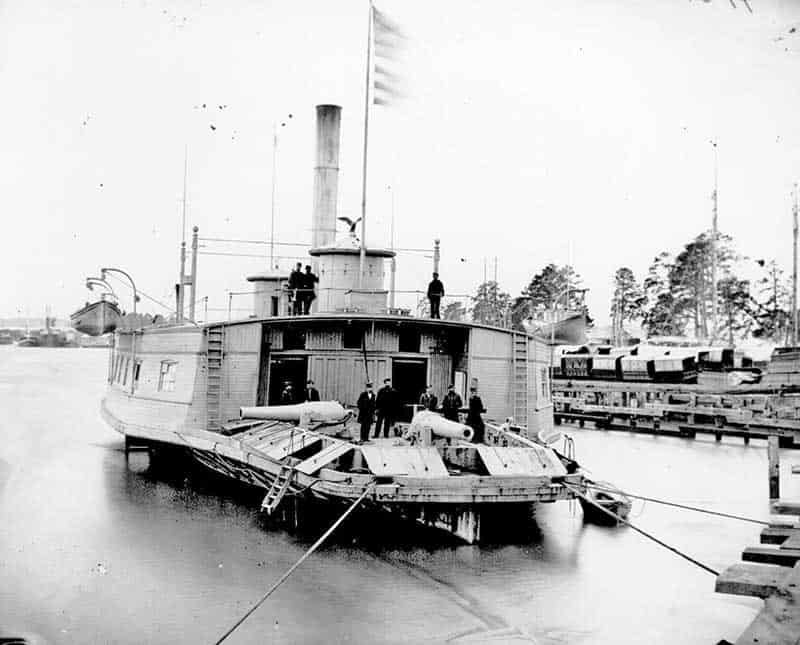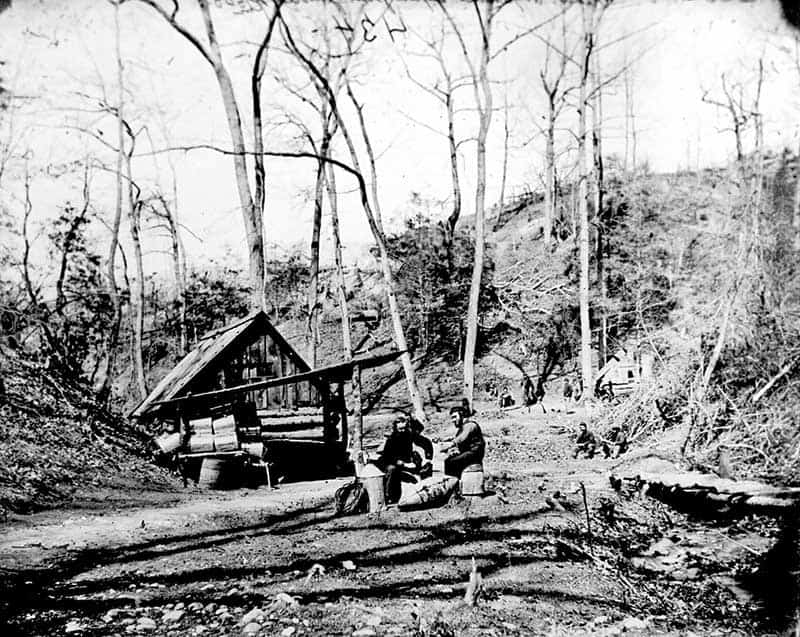Obligatory Disclaimer
Before half the world writes in with colorful observations of what a rank idiot I am, this amusing little tome does indeed have a happy ending. However, never disturb or relocate unexploded ordnance. Your local Law Enforcement officials can put you in contact with the proper agencies for managing such things. The anecdote related herein occurred many years ago. My dad and I are both older and wiser now. The story is related solely for its entertainment value. Testosterone is the most potent poison known to man and many a voyage across the River Styx was indeed launched with the otherwise-innocent question, “I wonder what that does?” Now, back to our tale.
As my dad was walking to his Jeep with the heavy bomb hoisted upon his shoulder, he kept wondering what people would think if it spontaneously detonated. He doubted much would subsequently be discovered of his remains beyond his two smoldering boots. A typical local bait shop discussion might go something like this––“I heard Woody was out squirrel hunting the other day and just blowed slap up. I seem to recall the same thing happened to Billy Ray back in ’73.”
Anyway, he got the thing to the house, aggressively photographed it, and entombed the entire affair in the backyard. On my next free weekend, I made my way home. At the time, I was a mechanical engineer/former Army helicopter pilot grinding his way through medical school. Between the two of us, we had exactly zero useful professional expertise to lend to this unusual undertaking.
At cursory glance, the thing looked like a rusted version of the “Death Star” from the Star Wars movies. It was a typical example of hollow shot fired from the Union gunboats that plied the Mississippi River some nearly 150 years ago during the War Between the States. The iron ball incorporated a Bormann time fuse. This soft metal insert sports something akin to a clock face replete with embossed numbers. Prior to firing, the gunner would punch through the number corresponding to the desired time delay with an awl and load the bomb fuse-forward. Fiery blowby would supposedly ignite the black powder train enclosed therein and detonate the ball the appropriate distance from the gun. Bormann fuses suffered roughly a 50 percent failure rate in combat.
There had been a minor skirmish involving the nearby port town of Friars Point, Mississippi, where Union forces occupied the town and, for reasons lost to history, burned all the churches to the ground. Angry locals fired upon the moored gunboats from the banks of the river, and Union forces peppered the surrounding countryside with random cannonade. The sketchy performance of the Bormann fuse is the reason our example remained intact. Satisfied the fusing system was a simple waterlogged powder train and not some dangerous clockwork contrivance, we advanced to the next stage of our adventure.









